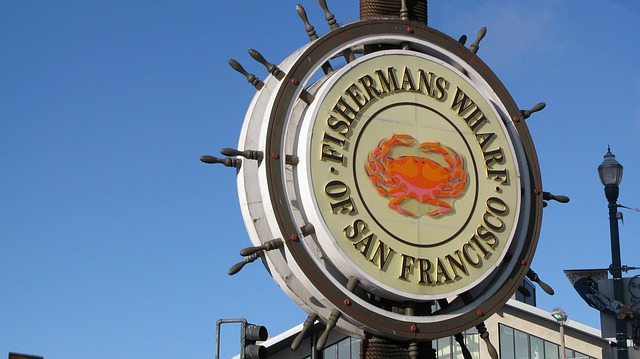In recent years, the real estate market has embraced cultural diversity, recognizing its economic benefits and vibrant community contributions. Immigrants' culinary, artistic, and business additions enhance diverse neighborhoods, attracting broader clientele. Successful agents and developers cater to these communities through inclusive marketing, culturally sensitive services, and welcoming environments, enriching the property landscape. Diverse, welcoming neighborhoods transform real estate markets, boosting property values, rental demand, and community well-being. Collaboration among residents, businesses, and leaders, along with cultural events and inclusive spaces, fosters inclusivity and enhances neighborhood appeal. Real estate agents play a crucial role in promoting these diverse, welcoming communities as desirable locations.
In today’s globalized world, cultural diversity is transforming real estate markets. From bustling metropolis to vibrant suburbs, communities are becoming more varied, offering unique opportunities and benefits. This article explores “Cultural Diversity in Real Estate Markets: A Growing Trend,” delves into the advantages of diverse neighborhoods, and provides practical “Strategies for Building Friendly and Inclusive Communities.” Discover how embracing cultural diversity can enhance your local real estate landscape.
Cultural Diversity in Real Estate Markets: A Growing Trend

In recent years, the real estate market has witnessed a significant shift towards embracing cultural diversity. This trend is driven by a growing recognition that diverse communities are not only vibrant and enriching but also economically beneficial. As people from various ethnic backgrounds, religions, and cultures settle in different neighborhoods, they bring with them unique culinary traditions, artistic expressions, and business ventures, fostering an environment that attracts a broader range of buyers and tenants.
Real estate agents and developers who cater to this diversity are better positioned to succeed in today’s market. They must be adept at navigating the nuances of different cultural preferences and needs, ensuring that properties not only meet but exceed expectations. This involves offering inclusive marketing strategies, providing culturally sensitive services, and developing communities that welcome and celebrate differences, ultimately enriching the real estate landscape for everyone involved.
The Benefits of Embracing Diverse Communities

In today’s interconnected world, real estate markets are benefiting from a growing trend: diverse and welcoming communities. When residents embrace cultural diversity, neighborhoods become vibrant hubs where people from various backgrounds live, work, and play together harmoniously. This inclusivity fosters an environment that not only enriches the lives of its inhabitants but also boosts the local economy. Diverse communities attract a wider range of businesses, restaurants, and cultural events, enhancing the area’s appeal and desirability.
Moreover, embracing diversity strengthens social cohesion and encourages open-mindedness. Residents learn from one another, breaking down stereotypes and building bridges of understanding. This fosters a sense of belonging and security for all, making communities more resilient and adaptable to change. In real estate terms, this translates into higher property values, increased rental demand, and improved overall community well-being.
Strategies for Building Friendly and Inclusive Neighborhoods

Building friendly and inclusive neighborhoods starts with a collective effort from residents, local businesses, and community leaders. One effective strategy is to organize cultural events that celebrate diversity, creating opportunities for neighbors from various backgrounds to connect and share their traditions. These gatherings can range from food festivals showcasing international cuisines to arts exhibitions highlighting different cultural expressions. By fostering an environment where everyone feels welcomed and valued, real estate in these areas becomes more appealing, attracting a diverse mix of residents who contribute to a vibrant community.
Additionally, establishing inclusive spaces like community gardens or shared public art installations encourages interaction and collaboration among neighbors. These spaces provide a neutral ground for people from different walks of life to engage, fostering a sense of belonging and mutual understanding. Real estate agents play a crucial role in promoting these initiatives by marketing properties in such neighborhoods as havens for those seeking a diverse, welcoming community.






